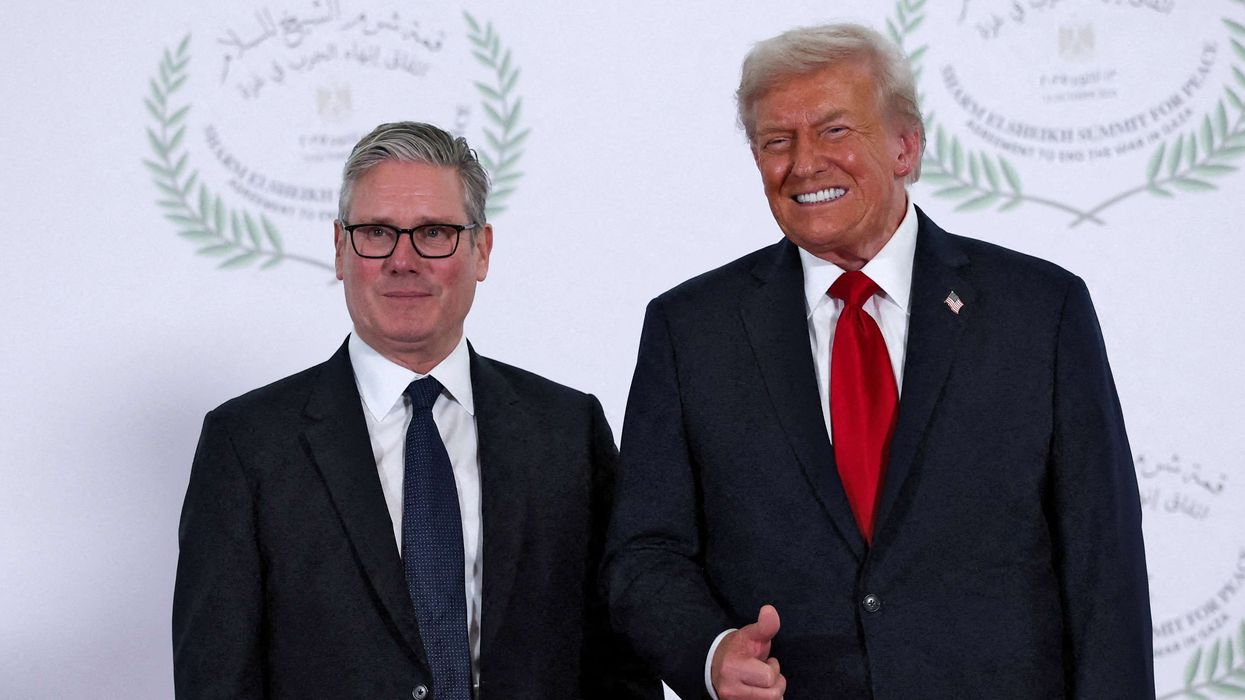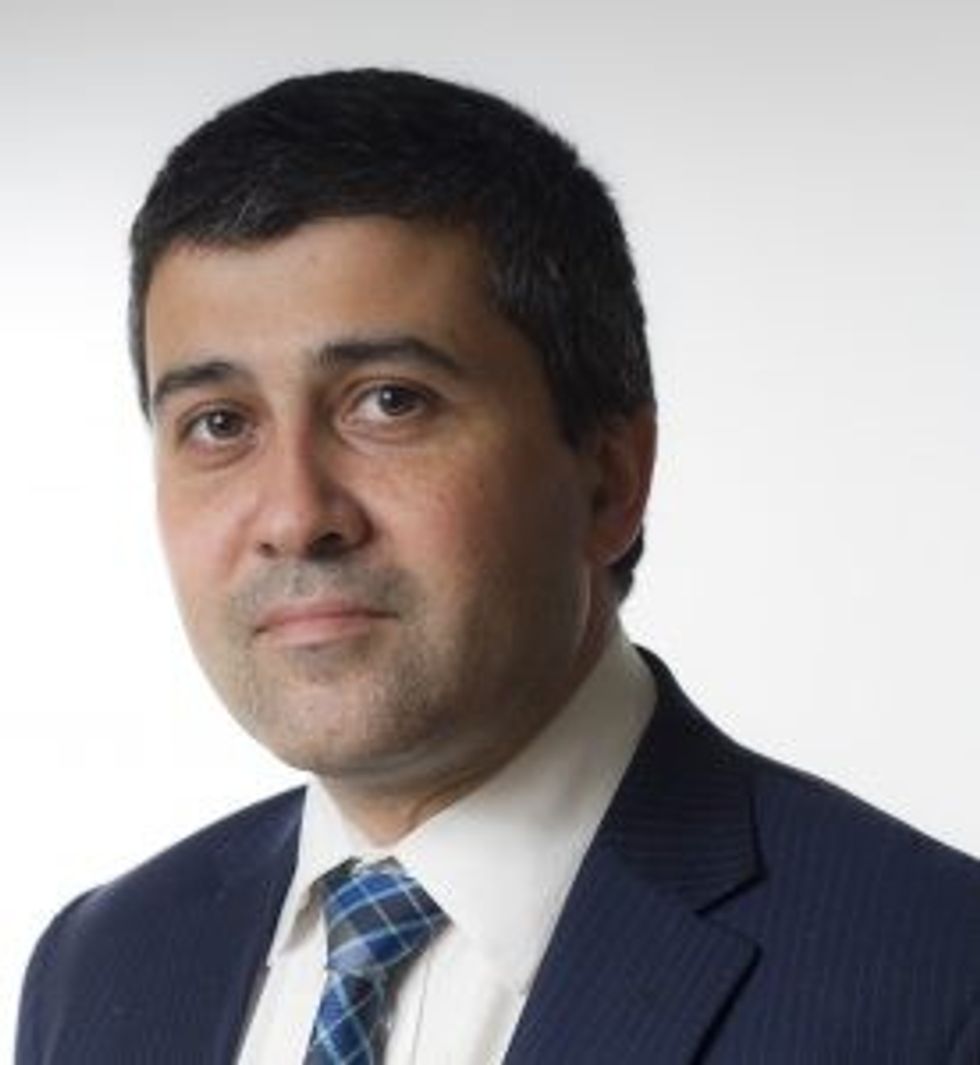by Jigna Patel
I STILL remember one of the things my mentor said to me when I started my first teaching post: ‘Jigna, some of these students will have never seen an Asian person before.’
I wondered whether I had rushed into accepting the first job I had been offered in rural Lincolnshire. But the thought quickly passed and although my first year was challenging, there were enough of those lightbulb moments where I knew I had chosen the right profession and was making a difference in children’s lives.
But teaching isn’t perceived as an ‘Asian’ career. The ethnicity data for UK teachers show that Asians make up 4.4 per cent of the workforce while they account for 10 per cent of the NHS workforce.
When I was 11, I gave up on wanting to become a doctor because I couldn’t stand the sight of blood. I remember going for a tax internship interview in London and feeling bored. The truth is between the ages of 14 and 23, I had no clue what I wanted to do as a career. And in spending nine years feeling like that, I am incredibly lucky to have been guided by my open-minded parents who did not expect me to follow the stereotypical route at A-Level (maths and sciences) and at university (medicine, accounting, IT).
Instead they encouraged me to select subjects I was passionate about and performed well in. I took A-Levels in geography, French and maths and went on to read geography and French at the University of St Andrews. Yes, they were also cool with me moving 500 miles away to study and then going abroad as an unmarried girl in my third year.
However, telling my parents I wanted to go into teaching was a slight shock to their system. Why not a city job where I could earn loads of money? I’ve never been motivated by money, nor do I really understand the corporate sector. But my parents supported me with my goal and for this, I will always be grateful.
This month marks my 10th year in teaching and unfortunately I still see pressure on some young Asian people to follow the stereotypical route when they enrol for sixth form. I’ve seen students take maths and sciences at A-Level only to restart sixth form again (this time studying subjects of their own choice) because they didn’t pass their first year. The status around these subjects still exists in the Asian community along with the prestige of certain occupations.
Why the obsession? I am so pleased my sister and I were able to study subjects we were truly passionate about, which fulfilled us and we ultimately succeeded in.
As an educator I want to continue being a strong role model to the young people I work with and facilitate them in pursuing their passions. In doing this I hope to see future generations eradicate these stereotypes.
Jigna Patel is an assistant headteacher at a state school in Hertfordshire. She has pastoral responsibility for key stage 3 pupils and also teaches geography to students aged 11-18. She can be found on Instagram
@supertinyteacher where she shares tips on meal prepping and healthy recipes, alongside her love of elephants.












